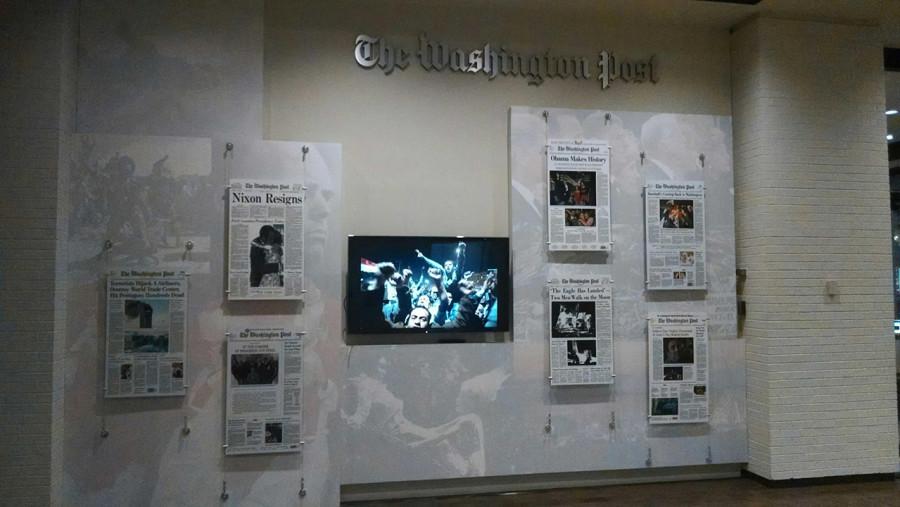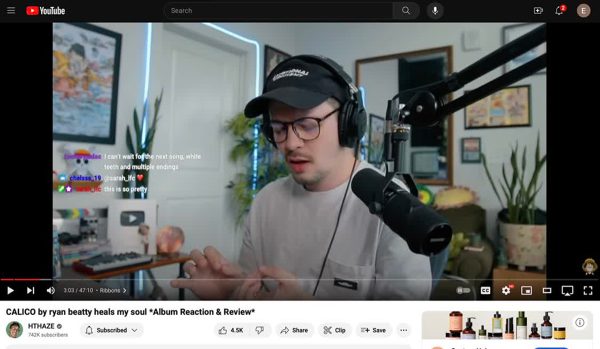Consumers must meet media halfway in regards to large social issues
The good sources are there, but readers must find them
Photo by Nick Erickson
May 6, 2015
I was sitting in a sociology class about three weeks ago as classmates presented on the ongoing struggle between the police force and black community when a student from the audience raised her hand.
“Don’t you think this is pretty much all the media’s fault for making such a big deal out of this?” she said.
Being a journalist, I could feel my body tighten and my face get red with anger. It got worse when the majority of the class shook their heads yes.
While I certainly let my voice be heard after that, allow me to explain to all of you why this is one of the most blasphemous statements I have ever heard in a classroom setting.
“No” is the simple answer to that question. The reason: consumers need to start meeting the media halfway.
In a world where creating websites and writing blogs seem to be about as easy to start up as a well-running car in the morning, media credentials are handed out to way too many people, just to grab attention when you’re checking out at a grocery store or scrolling through BuzzFeed and DeadSpin.
Sorry folks, those sources fall quite behind the 8-ball for the go-to place for breaking news.
Sure, they can be a great source of entertainment, and I would be lying if I told you I’ve never taken a BuzzFeed quiz before. But too many people go to these types of places for actual news and claim to be an expert after a quick glance at a headline with the sole purpose to make eyes pop.
The true journalists who work to seek the truth and accurately report it, as The Spectator’s bylaws put it, are working relentlessly hard to uncover why it is these two groups have a growing rift.
I lived with Craig Gilbert and Carol Guensberg in Washington, D.C., over winter break during my fellowship at The Washington Post. Guensberg, who works for Voice of America, spent weeks in Africa this fall uncovering the ebola hysteria for readers. Gilbert is the Washington correspondent at the Milwaukee-Journal Sentinel, and he has spent a significant amount of time with politicians and constructing detailed statistics so readers have the option to make decisions for themselves.
These kind of journalists are out there — the ones who are more concerned with giving you the truth instead of hysteria. You just simply need to find them.











